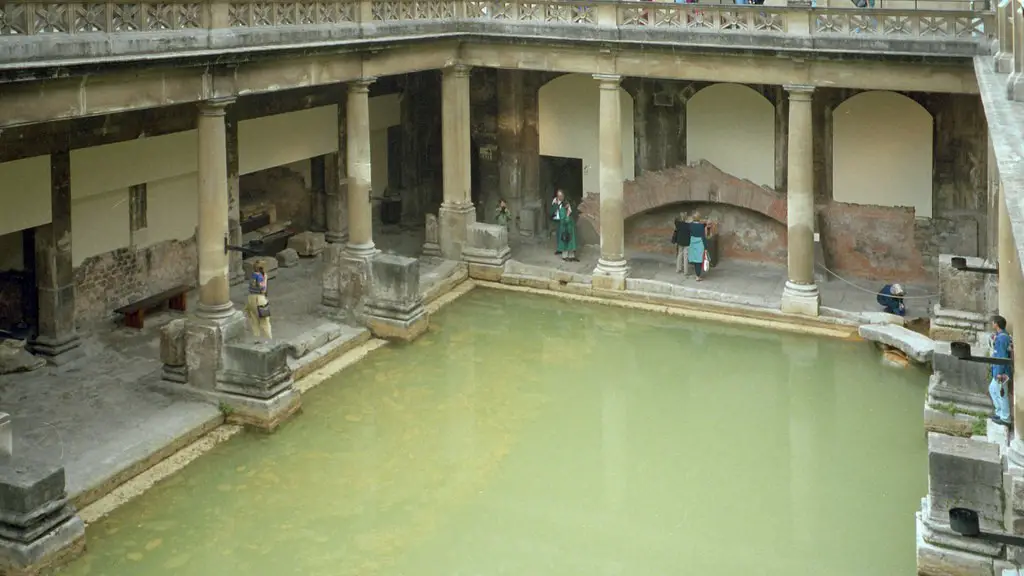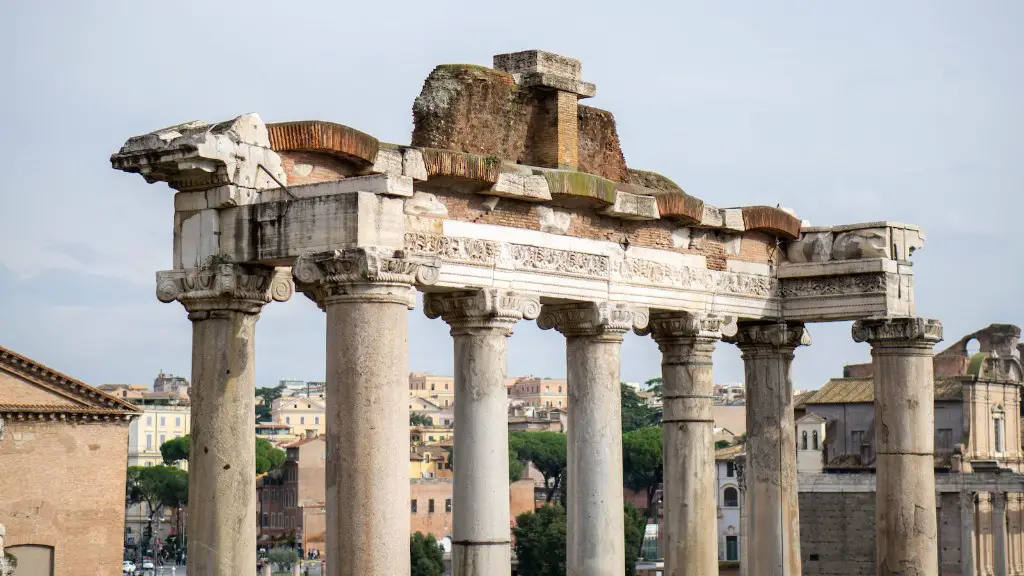Background
Ancient Rome was an incredibly influential civilization that flourished in the Mediterranean Basin from approximately 800 BCE to 500 CE. Credited with major innovations in government, law, engineering, and the arts, Rome has shaped many of the world’s major societies, from Europe to the Middle East, to North and South America. In particular, Rome eschewed limited monarchies for a republican form of government and developed legal codes that still serve as a framework for modern legal systems.
The Founding of Rome
The exact founders of Rome are unknown and heavily steeped in myth. Historians generally agree that Rome was founded in 753 BCE and that much of its early history is shrouded in legend. The most well known story is that of Romulus and Remus, twin brothers who were suckled by a she-wolf and went on to found the city.
The city was ruled by a series of kings prior to 510 BCE, when the monarchy was overthrown and replaced by a republican system. The transition to a republic saw Rome transition from a small city-state to one of the most powerful cultures in the Mediterranean.
Roman Expansion and Power
Over time, Rome came to dominate much of the Mediterranean Basin, stretching from Britain and the Iberian Peninsula in the West to Serbia, Bulgaria, and Hungary in the East. At many points, Rome also held sway over North Africa, Egypt, Syria, and parts of Arabia.
Rome’s military was key to its expansion. The Roman Legion was an impressively regimented and disciplined force, and it was successful in many of its campaigns due to its superior organization, techniques, and weapons.
Decline and Fall of Rome
This period of expansion and power was not to last. Rome was repeatedly invaded, sacked, and weakened over the course of several centuries, leading to its ultimate demise around 500 CE. While the exact reasons for its decline are the source of much debate, historians generally find that a combination of financial problems, population decline, over expansion, and military overstretch contributed to the fall of Rome.
Cultural Impact
Though now gone, Rome’s influence is still felt to this day. Many aspects of the Roman legal code, including the concept of human rights, are still in use today, while Roman engineering is still admired and studied. In addition, aspects of Roman culture—from languages to cuisine and art—are still evident in many societies across the world. Rome’s impact on the world can easily be seen and felt, even centuries after its dissolution.
The Roman Forum
The Roman Forum was the centre of Roman public and political life, located between the Palatine Hill and the Capitoline Hill in the centre of the city. Constructed in the 7th century BC, it served as a centre of commerce, the site of public speeches, criminal trials, and gladiatorial matches, and was a place of religious and political assembly for citizens of Ancient Rome.
The Forum of Augustus was added by Augustus in the 1st century BC, and the Forum of Trajan, built by the Emperor Trajan in the 2nd century AD, is one of the best preserved examples of Roman civic architecture. Though much of it is now in ruins, reconstructions and archaeological excavations have revealed much of the Roman Forum’s glory.
Roman Language and Literature
Roman literature was highly influential and wide-ranging, from epic poems to histories, tragedies, comedies, poetry, and satire. Much of Latin literature was based on the works of earlier Greek authors, though Roman authors developed their own styles and genres. Names such as Virgil, Tacitus, and Cicero are still widely recognized and studied today.
The Latin language, used widely by the Romans as their official language of communication, is still in use today. Many Roman words, especially in the fields of law and government, are still in common usage. The Romance languages, which developed out of Latin, are still spoken widely in countries such as Spain, France, Italy, and Romania.
Roman Religion and the Legacy of the Empire
The Roman religion was polytheistic, worshipping a range of gods such as Jupiter, Mars, and Venus, who were seen as divine protectors of the state. As Rome grew, its religion changed to become more universal, and eventually Christianity was adopted as the official religion in 391 CE.
The legacy of Ancient Rome is felt around the world to this day, from architecture to legal systems, language to art. Its political and cultural innovations have even extended to modern times, and it is considered one of the most influential civilizations of all time.

